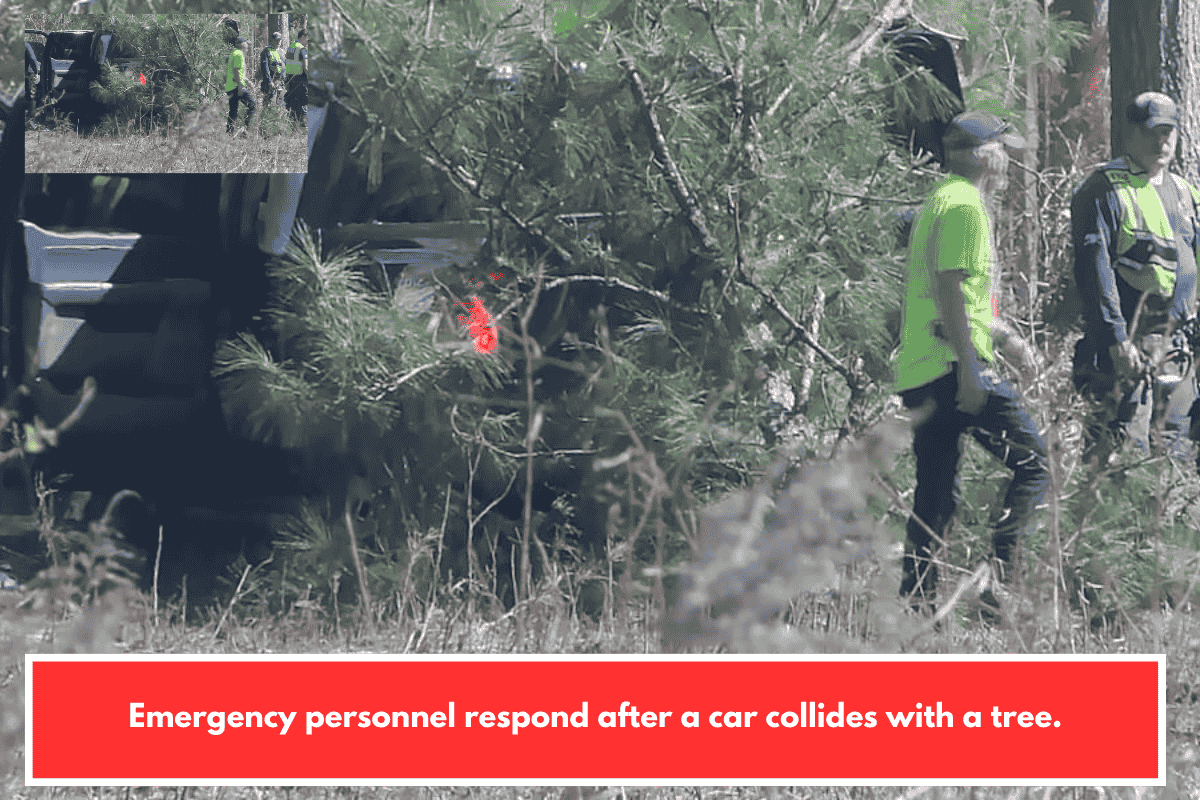Dash cams are becoming more common on the roads, providing drivers with valuable evidence in case of accidents or disputes. In Texas, many drivers choose to install dash cams in their vehicles for added protection. However, before you set one up, it’s important to understand the regulations surrounding their use in the state. Let’s explore what you need to know about dash cam laws and regulations in Texas.
Are Dash Cams Legal in Texas?
Yes, dash cams are completely legal in Texas. There are no state laws that prohibit the use of dash cameras in vehicles. In fact, they can be a helpful tool for recording video evidence in case of an accident or legal dispute. Dash cams are allowed on both personal and commercial vehicles, provided that they do not obstruct the driver’s view of the road or interfere with the safe operation of the vehicle.
Privacy Concerns and Dash Cams
While dash cams are legal, there are privacy concerns to keep in mind, especially if you plan to record video of other people. In Texas, it is illegal to record someone without their consent in situations where they have a reasonable expectation of privacy. This means that while it’s perfectly fine to record public spaces, such as streets and highways, you should avoid recording private property or individuals in situations where they expect privacy, like inside their homes or private areas.
If you’re using your dash cam to record video footage while driving, be cautious about capturing footage of people or situations where privacy might be an issue, as it could potentially lead to legal problems.
Dashboard Camera Placement
One of the key regulations to keep in mind when installing a dash cam is its placement in your vehicle. Texas law requires that any device placed on or near the windshield must not obstruct the driver’s view. This means you can’t place your dash cam in a position where it blocks your view of the road, the rearview mirror, or the vehicle’s side mirrors.
Many drivers choose to mount their dash cams on the rearview mirror or in the corners of the windshield to ensure they do not obstruct their vision. Be sure to check that your dash cam’s placement complies with local traffic laws.
Use of Dash Cam Footage in Texas
Dash cam footage can be used as evidence in legal situations, such as car accidents or insurance disputes. In Texas, law enforcement officers may also use dash cam footage from police vehicles during traffic stops or criminal investigations. However, the footage should be obtained and used according to the law. For example, if your dash cam records a traffic incident that results in an accident, the video may be admissible in court as evidence.
If you plan to share or use your dash cam footage publicly, like posting it on social media, be mindful of the privacy rights of others involved in the footage. Avoid sharing videos that may violate someone’s privacy, as doing so could potentially lead to legal issues.
In Texas, dash cams are legal, but there are important guidelines to follow for safe and lawful use. Ensure that the camera does not obstruct your view of the road, be cautious about recording private property or individuals without consent, and be aware of the potential legal implications of sharing footage. As long as you follow these rules, a dash cam can be a valuable tool for protecting yourself and providing evidence in case of an accident or dispute.
SOURCES
[1] https://injuryattorneyoftexas.com/texas-dashboard-camera-laws/
[2] https://www.smqlaw.com/do-dash-cams-offer-legal-protection-in-texas/
[3] https://www.sutliffstout.com/how-a-dash-cam-may-help-your-texas-car-accident-case/
[4] https://www.ddpai.com/blog/dash-cam-laws/
[5] https://facit.ai/insights/dash-cam-laws-by-state














